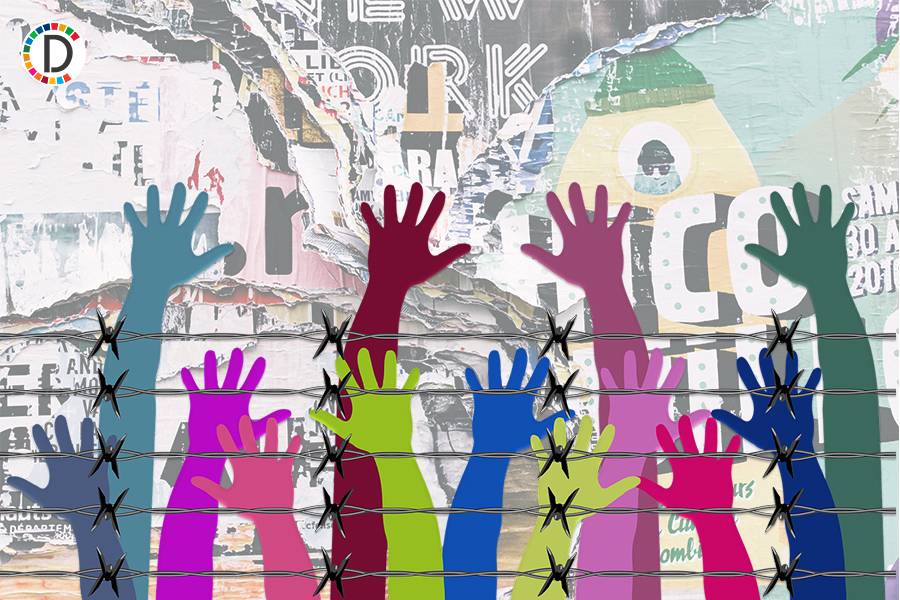NPP Sweeps Sri Lankan Snap Election: A New Political Dawn
Sri Lanka's National People's Power coalition, led by President Anura Kumara Dissanayake, secured a majority in a snap election. Winning 52 seats, it aims to address poverty and amend governance. Despite economic recovery efforts, challenges persist for the nation recovering from a severe financial crisis.

Sri Lanka's President Anura Kumara Dissanayake's National People's Power (NPP) coalition achieved a significant victory in the recent snap election, according to election commission reports. This success follows Dissanayake's September presidential election win as he seeks a parliamentary mandate for his socio-economic policies.
The NPP, previously holding only three of the 225 parliamentary seats, captured 52 seats, securing nearly 62% of the votes. This shift marks a significant political change in Sri Lanka, traditionally influenced by longstanding family parties. Opposing parties, led by Sajith Premadasa, faced significant defeats.
Faced with post-crisis economic challenges, Dissanayake proposes crucial reforms, including tax cuts and business support. However, he requires parliamentary approval to dismantle the executive presidency. With Sri Lanka's fragile economy slowly recovering from a substantial IMF bailout, the focus remains on alleviating poverty and reducing living costs.
(With inputs from agencies.)










